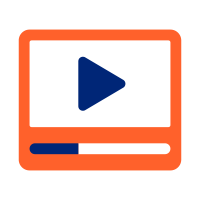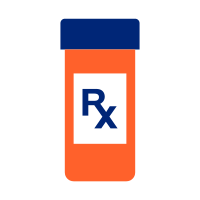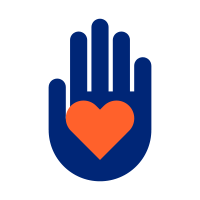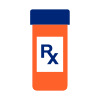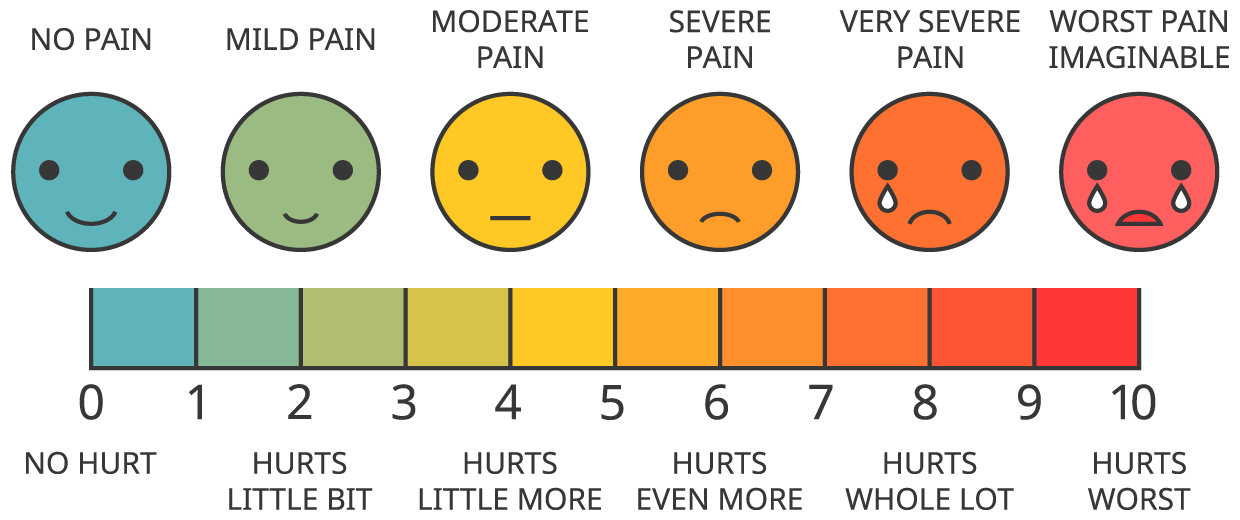Your medicine
- What is your medicine’s name?
- Why you are taking it?
- What it is supposed to do or change in your body?
- How should it make you feel?
- How should it not make you feel?
- What are your options?
- How much, how often and how long will you be taking your medicine?
- How might your medicine interact with other vitamins, supplements, or medicine(s) you are taking for non-injury conditions like high blood pressure or diabetes?
- Keep and read all the materials that come with your medicine. This will help make sure you use your medicine safely and effectively.

